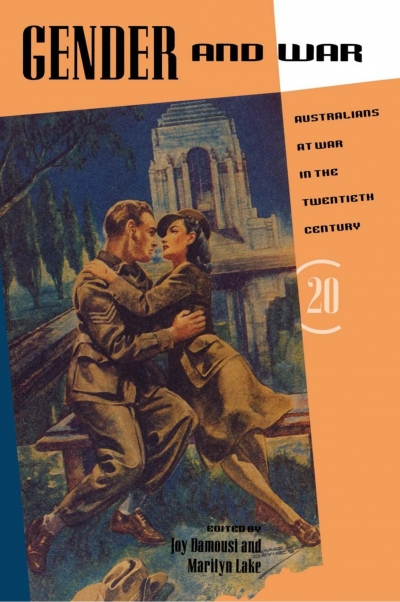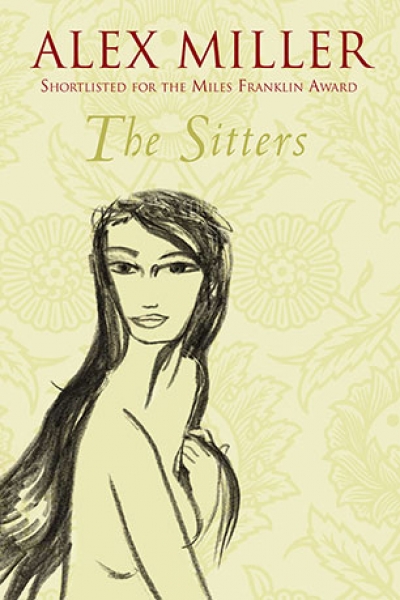Archive
Dear Editor,
Dr Jenna Mead claims, among other things in her most recent attempt to discredit The First Stone, that I have ‘invented dialogue’ and written ‘hypothetical meetings with imaginary characters’. All the conversations and encounters in the book are documented in detailed, scrupulous notes. This includes my account of a telephone conversation between Dr Mead and me, which she would perhaps prefer to think of as a figment of my ‘merciless imagination. If only Dr Mead were an imaginary character – but it would strain the ingenuity of a better writer than I am, to have dreamt her up.
Helen Garner, Elizabeth Bay NSW
... (read more)Dear Editor,
How disappointing your cover feature on The First Stone turned out to be. I feel very let down by the most mediocre review I’ve read on this most talked-about work. Your former Editor, Rosemary Sorensen, wrote a superb, thought-provoking piece in the Sydney Morning Herald. I expected the review in ABR to be of similar quality.
Brian White, Elwood, Vic.
(Ed’s reply: You might be interested to know that the Sydney Morning Herald chose to republish a shortened version of Cassandra Pybus’s review of The First Stone, on Wednesday 10 May, acknowledging it was first published in ABR.)
... (read more)Gender and War: Australians at war in the twentieth century edited by Marilyn Lake and Joy Damousi
I grew up in a once-upon-a-time land when milk and loaves appeared at the door to the jingle of bells and the clopping of hooves, when housewives were wistful Cinderellas in sacking aprons and hair permanently rollered for the ball, when men wore hats, and lifted them to the funerals of strangers passing in the street. That time – the forties, the early fifties – has been mythologised into a Camelot of Anglo-Celtic virtue, or a dark age of tribalism and British cooking. In my recollection, of course, it was neither, but simply the way things were. It is disconcerting to find one’s private past, one’s little collection of ordinary memories, become a matter of ideological dispute, and to discover, after peaceful decades spent reading historical documents, that you have become a historical document yourself.
... (read more)









